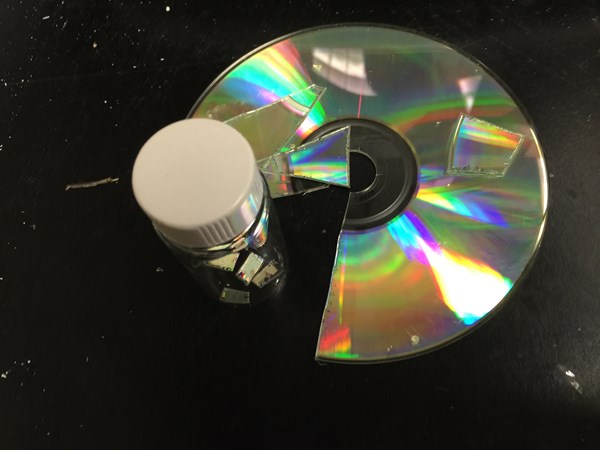IBM Researchers Discover a New Way to Recycle PC
IBM says it has discovered a new process to turn old smartphones into medical-grade plastic.
IBM says it has discovered a new process to turn old smartphones into medical-grade plastic.
The Digital Age has produced a pretty extensive e-waste problem and while this issue isn’t going to just suddenly disappear, IBM believes it has discovered a new process to help. Researchers from IBM’s Almaden lab in San Jose, Calif. say they have discovered a new, one-step chemical process that recycles polycarbonate into plastics safe for water purification, fiber optics and medical equipment.
In the study, IBM Researchers added a fluoride reactant, a base (similar to baking powder) and heat to old CDs to produce a new plastic with temperature and chemical resistance reportedly superior to the original substance.
“Polycarbonates are common plastics in our society, especially in consumer electronics in the form of LED screens, smartphones and Blu-rays, as well as everyday eyeglass lenses, kitchen utensils and household storage gear,” said Gavin Jones, research staff member at IBM Research Almaden. “We now have a new way of recycling to improve how this prominent substance impacts the world’s health and environment.”
“While preventing these plastics from entering landfills, we simultaneously recycle the substance into a new type of plastic—safe and strong enough for purifying our water and producing medical equipment,” said Jeanette Garcia, research staff member, IBM Research Almaden. “It’s an environmental win on many fronts.”
In this study, researchers used a combination of predictive modeling and experimental lab work to make the discovery. As part of the IBM Research Frontiers Institute, scientists are combining expertise in informatics and polymers, and other materials, to prototype systems to extract, organize, analyze and predict insights from materials datasets. By leveraging existing knowledge from the world’s scientific databases and accelerating computations used in these types of experiments, these cognitive tools could help identify patterns and bring new discoveries to realization faster.
Check out the full research , which was published in the peer-reviewed journal, Proceedings of the National Academy of Sciences of the United States of America.

Related Content
-
NPE2024 Materials: Spotlight on Sustainability with Performance
Across the show, sustainability ruled in new materials technology, from polyolefins and engineering resins to biobased materials.
-
Prices for All Volume Resins Head Down at End of 2023
Flat-to-downward trajectory for at least this month.
-
Automotive Awards Highlight Emerging Technologies
Annual SPE Automotive event gives nods to several ‘firsts’ as well as sustainability.







